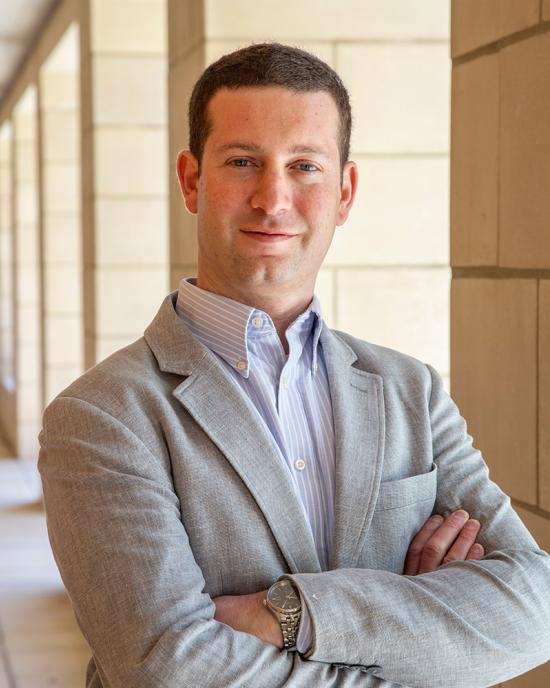On leave for the Spring 2024 semester

Eli Fenichel
Knobloch Family Professor of Natural Resource Economics

Knobloch Family Professor of Natural Resource Economics
Research Interests
My research approaches natural resource management and sustainability as a portfolio management problem by considering natural resources as a form of capital. I am interested in how people can and do allocate natural resources and natural resource risks through time. This leads to a strong interest in feedbacks among humans, ecosystems, and the management of coupled ecological-economic processes. My research is applied in a wide variety of systems.
A primary focus of my research relates to valuing and accounting for natural capital. My work in this area spans the contexts of benefit-cost analysis and national accounting. I am particularly interested in how to develop scalable and replicable measurements.
I also have a strong interest in how people respond to risk, especially from infectious diseases, and how those responses shape system dynamics.
Keywords
bioeconomics; economic-epidemiology; coupled human-natural systems; natural capital; ecosystem services; dynamics.
Support
Position and natural capital research are generously supported by the Knobloch Family Foundation
On leave for the Spring 2024 semester
I will be recruiting approximately 1 PhD and 1 MESc student for fall 2024. I will begin thinking about this in October 2023.
I have a number of ongoing projects. My research addresses two interconnected questions. First, how do forward looking human decisions and ecological dynamics feedback, and what does this mean for management of ecological systems? Second, how can we think about natural resources as forms of capital, and how do we move this thinking from a metaphor that is useful for guiding intertemporal management to broader application so that natural capital interfaces smoothly with traditional forms of capital?
The earliest economists thought about natural resources, such as land and forests, as capital assets. This means that nature should be accounted for in a similar fashion as financial assets (e.g., stocks and bonds), real assets (e.g., real estate and machines), and human assets (e.g., knowledge and health). Over the past few decades the idea that nature is capital has expanded beyond economic theory. However, most natural capital, such as fish, wildlife, water, air, and forests, remains unaccounted (or mis-accounted) for in national and other public accounts like GDP. Valuing natural capital is essential for reforming national accounts and developing other measures of social progress and sustainability. Valuing natural capital provides an approach to inform local resource management, by providing the value of conservation of natural resources to compare to the benefits of their consumption. The idea of natural capital has remained restricted to a useful metaphor despite the number of efforts underway to measure ecosystem services (the benefits people gain in terms of material, recreation, and cultural benefits from nature) and to map natural resources to understand the spatial distribution of “natural capital.” We are working to move natural capital from a useful metaphor to a measurable, actionable concept with support from the Knobloch Family Foundation. To date, we have recovered the natural capital value for:
Watch the musical chairs tradeable permits and taxes game (password: fes794fenichel) or the short version supporting materials including the spreadsheet and directions for a ClassEX version of the game can be found on this GitHub page.
Get my natural capital asset pricing problem set that uses the {capn} R package and is based on Fenichel et al. 2016 PNAS from my GitHub site. The "capN and groundwater exercise.pdf" is the problem set. You will also need to download the R script, "groundwater_capn.R".